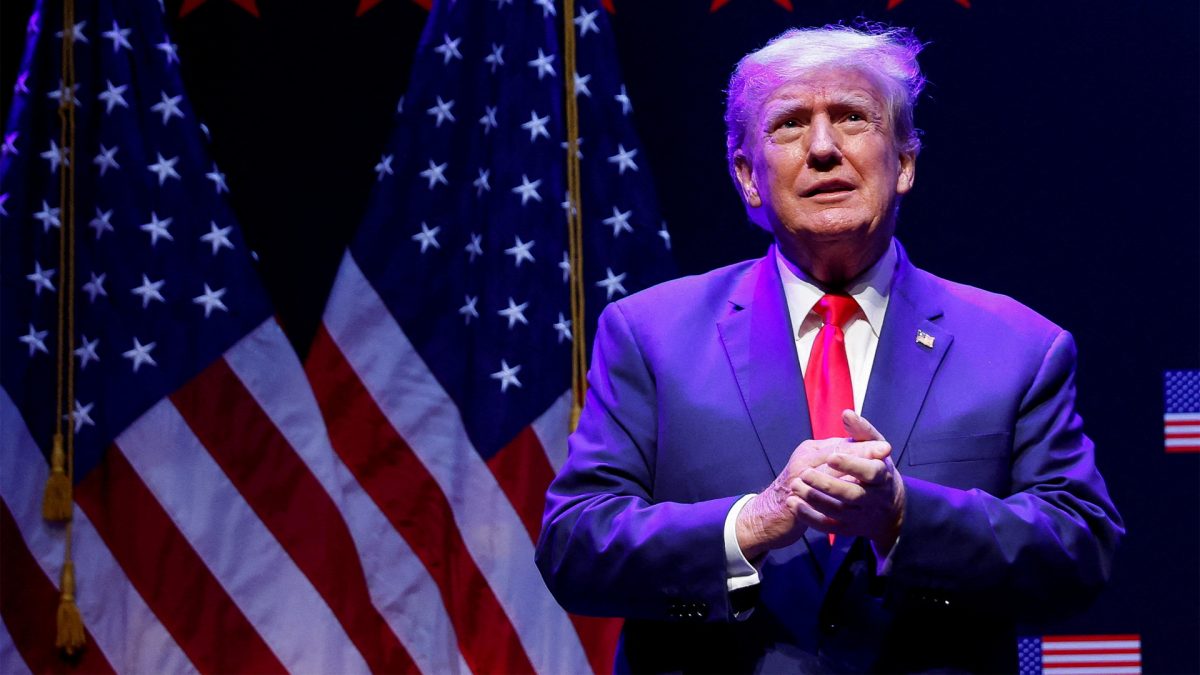Microsoft is stepping up its call for a tougher stance on cyberattacks from Russia, China, and Iran, urging former President Donald Trump to prioritise cybersecurity in international relations. Brad Smith, Microsoft’s president and vice chair, has emphasised the urgent need for the US to send a clear message to these nations, highlighting the increasing scale and sophistication of state-sponsored cyberattacks.
Smith has expressed concerns over a surge in ransomware and espionage campaigns targeting American businesses and government institutions. He pointed out that many of these attacks are not only tolerated but sometimes facilitated by foreign governments, particularly in Russia. Recent accusations against China for hacking US telecom networks during election periods have further underscored the need for stronger deterrence measures.
Cybersecurity as a global priority
Smith has called for cybersecurity to take centre stage in global diplomacy, arguing that the current level of attacks is unacceptable. He acknowledged progress made under the Biden administration in strengthening defences but stressed the need for additional measures to discourage and prevent cyber threats. A Microsoft study revealed that its customers face over 600 million cyberattacks daily, with an alarming rise in collaborations between criminal groups and nation-state actors.
Testifying before the US Senate, Smith highlighted attempts by Russia, China, and Iran to interfere in global elections, including the US, through advanced digital tactics. He urged for more robust responses to dissuade such activities, warning of the long-term risks to national security and global stability.
Microsoft faces security scrutiny
Despite its advocacy for stronger cybersecurity policies, Microsoft has faced criticism for its own security lapses. A recent report by the US Cyber Safety Review Board flagged the company’s inadequate security measures, citing avoidable errors that allowed Chinese hackers to breach hundreds of email accounts hosted on Microsoft’s cloud systems.
In response, Microsoft CEO Satya Nadella has pledged to prioritise security across the company, linking staff performance evaluations to cybersecurity outcomes. Additionally, Microsoft is implementing updates to its Windows operating system to improve customer resilience against attacks and recover faster from disruptions like July’s global IT outage.
Expanding the reach of US technology
Smith also urged the US government to streamline export processes for American digital technologies to remain competitive against Chinese advancements. He highlighted the need to accelerate the distribution of technologies, particularly in regions like the Middle East and Africa, while balancing export controls aimed at preventing sensitive technology from reaching adversaries.
Looking ahead, Smith noted that while the potential impact of a second Trump administration on the tech sector remains unclear, a balance between regulatory changes and global oversight will be crucial to fostering innovation and securing the digital future.


)

)
)
)
)
)
)
)
)



